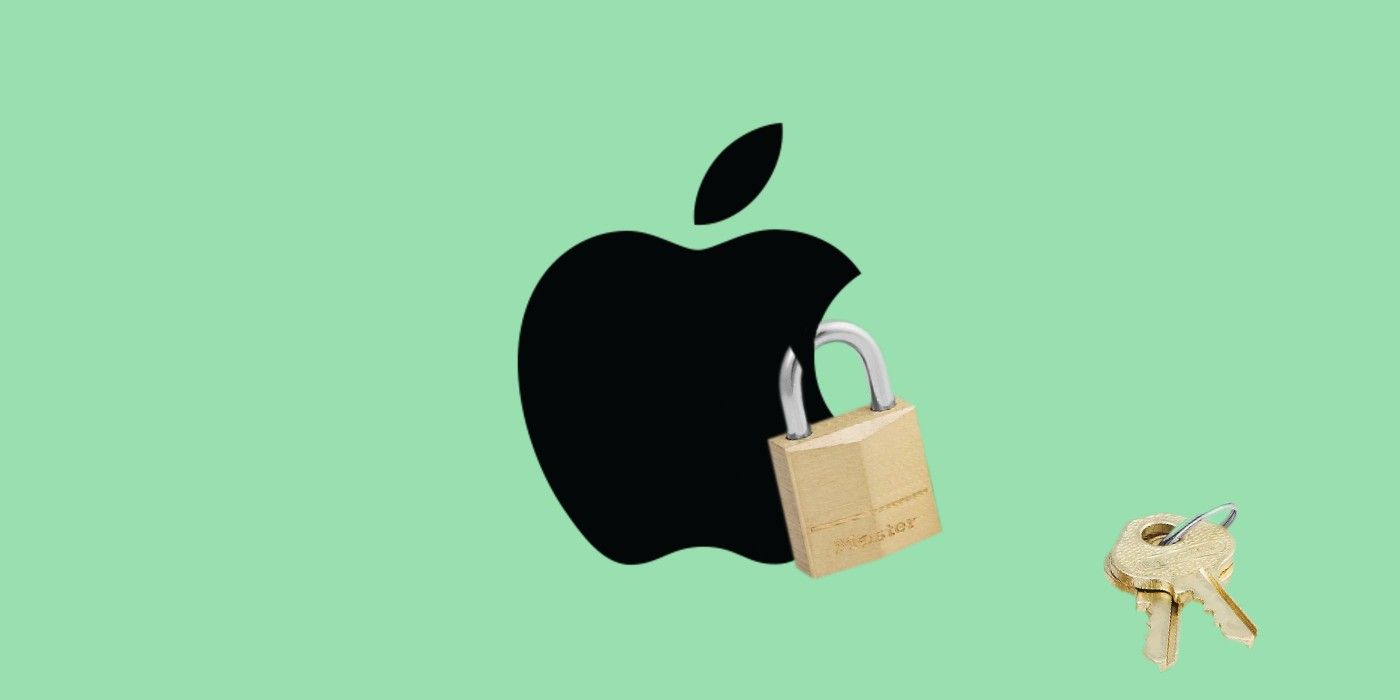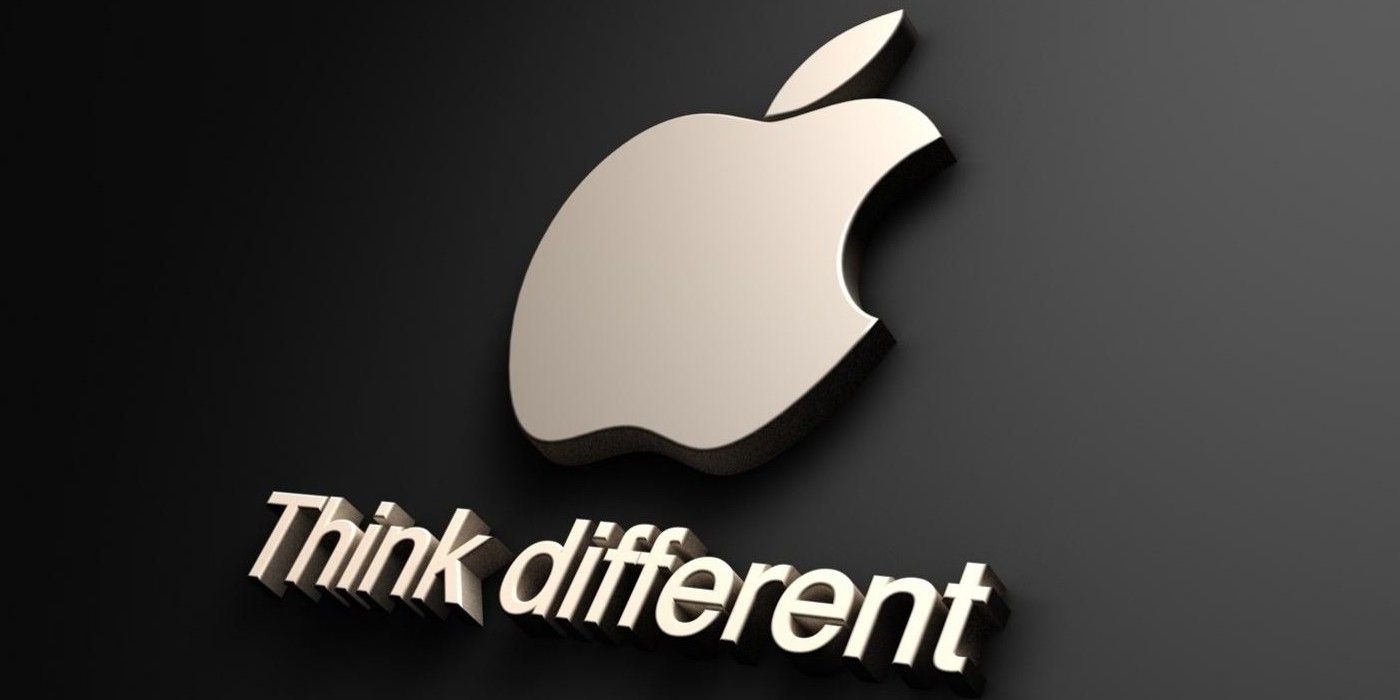Enthusiasts of all things movies, games, and music are often proud of the collections they amass, with some record collectors owning thousands of albums and some gamers owning an equally large amount of video games. As media has moved into the online realm over the years, many of these fans have moved to collecting digital downloads instead of physical discs, but now the question being presented in a lawsuit against Apple is: Do consumers actually own the digital downloads they buy?
As far as lawsuits go, this is far from Apple's first rodeo. In February this year, Apple CEO Tim Cook was instructed to appear in court for a seven hour long deposition in relation to Epic Games' recent lawsuit against the tech giant, and every new iPhone release seems to come with a few consumer lawsuits over battery or repair issues. This most recent suit, however, is slightly new territory.
The crux of the suit, lead by plaintiff David Andino, is whether Apple has the right to block a customer's access to media they have purchased on iTunes or the App Store if their account has been suspended. Andino's suit argues, "just like Best Buy cannot come into a person’s home to repossess the movie DVD that such person purchased from it, Defendant should not be able to remove Digital Content from its customers’ Purchased folders." Even though Apple is being investigated for anti-competitive behavior in the fallout of the Epic Games lawsuit and was ordered to pay damages in a recent consumer battery lawsuit, the company appears to be saddling up once again to see Andino's suit through the hard way in the legal system.
With the suit moving ahead, Apple has tried to claim that "no reasonable consumer would believe" content purchased on iTunes would remain there forever, however U.S. District Court Judge John Mendez dismissed this claim stating, "In common usage, the term 'buy' means to acquire possession over something." With in-app purchases at an all time high during the pandemic, now is not a bad time to decide, in a court of law, whether these purchases are actually owned by the consumer or not.
Judge Mendez goes on to state that the case would not be dismissed because, "Reasonable consumers would expect their access couldn’t be revoked." Fellow tech giant Microsoft recently settled a suit out of court over Xbox controller drift, and it's technically not too late for Apple to settle out of court as well, though there has been no word yet on whether the company intends to move in that direction.
Earlier this month Apple tried to block witnesses in the Epic Games antitrust trial, so if the digital download case does go to court Apple will likely have similar moves up its sleeves. Amazon is also facing a similar lawsuit at the moment, so whichever case is resolved first may just set the precedent for the other company as well as all other digital retailers.
Sources: CaseFilingsAlert.com, HollywoodReporter.com


